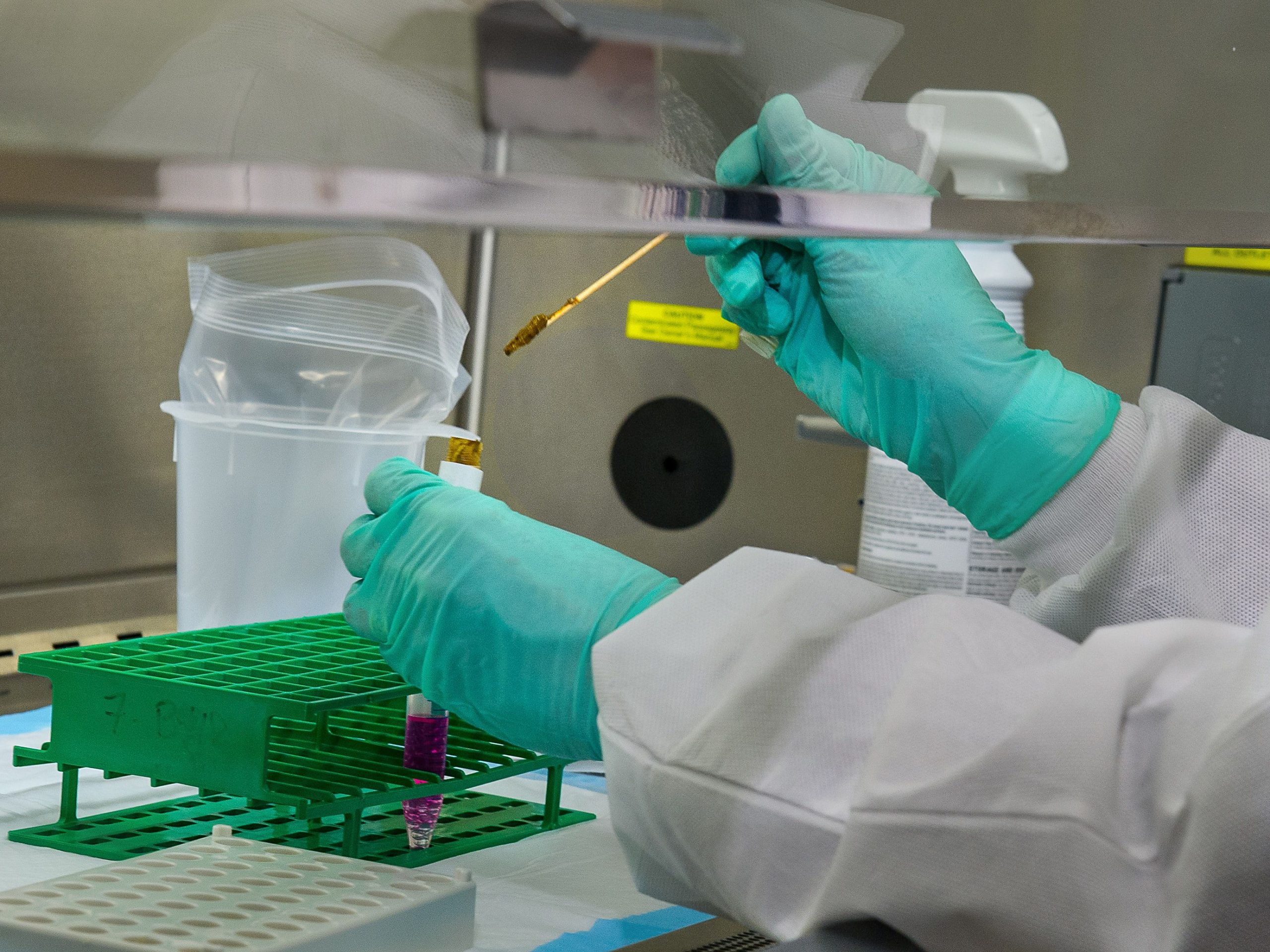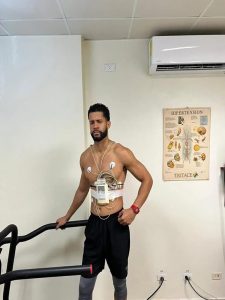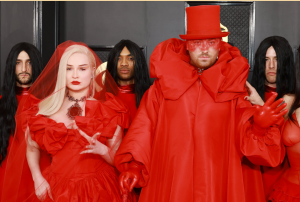With COVID-19 vaccination drives across the world gathering steam, scientists are wondering if people getting inoculated now will remain protected against potential future waves of the pandemic. The National Institute of Health (NIH) in the United States announced that it began a fresh clinical trial to check if a booster dose of the Moderna vaccine increases antibodies and, in turn, protection against COVID-19 in fully vaccinated people.
It is still unclear as to whether vaccines such as the ones made by Moderna, Johnson & Johnson and Pfizer-BioNTech provide sufficient protections against new variants of the virus, according to a report in the New York Times.
“We are in uncharted waters here in terms of boosters,” Public health researcher at the Marshfield Clinic Research Institute Edward Belongia was quoted by The New York Times as saying.
Also read | Covaxin expected to be on WHO’s emergency use list soon. What it means
Kirsten Lyke, an expert at the University of Maryland School of Medicine and part of NIH’s trial said, “Even in the trials, we don’t know what the immune response is a year out”.
Researchers draw blood from fully vaccinated people in the vaccine trials to measure their levels of immune cells that tackle the virus, and antibodies.
There were positive signs, but the progress were said to be gradual. “I think there is a real possibility that the immunity could last for years against the original strain”, said Belongia.
Also read | Biological-E: All about India’s second homegrown vaccine for COVID
Researchers found that varying technologies resulted in varying effectiveness of the vaccines. Some of the strongest vaccines were RNA-based vaccines such as Pfizer-BioNtech and Moderna, while those based on inactivated viruses are not that effective. The reason for the fluctuating effectiveness is not known yet.
Scott Hensley, an immunologist, said that the two kinds, vaccines relying on inactivated viruses and vaccines based on RNA molecules, produced “outrageously different” levels of antibodies.







